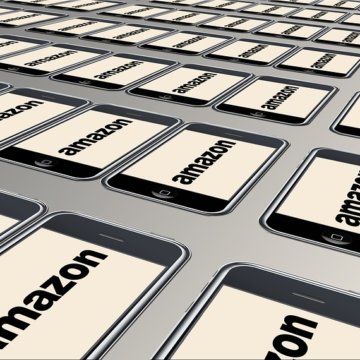- About
- Topics
- Picks
- Audio
- Story
- In-Depth
- Opinion
- News
- Donate
- Signup for our newsletterOur Editors' Best Picks.Send
Read, Debate: Engage.
| topic: | Economic Fairness |
|---|---|
| located: | USA |
| editor: | Gurmeet Singh |
The global pandemic has so far led to an estimated 250,000 deaths worldwide. Just over a million people have recovered from the virus, and there are currently around 1.5 million more known and recorded cases of infection. The number of unknown infections (especially asymptomatic infections) is estimated to be much higher. These are only the numbers relating to transmissions of the virus; the numbers relating to pandemic-caused job losses are much harder to estimate. Two weeks ago, the Financial Times reported that, “The UN agency [...] estimates that global working hours in the second quarter of 2020 will be 10.5 per cent lower than their pre-crisis level in the last quarter of 2019 – equivalent to the loss of 305 million full-time jobs. Earlier this month, it had forecast a second-quarter fall in working hours equivalent to 195 million full-time job losses.”
The article also commented that the most severely hit countries will be those where people work primarily in informal economies. In other words, countries in the Global South, where economies may be semi-industrialised, are often not diversified, and where many workers rely on local, unofficial or unauthorised work.
Meanwhile, Jeff Bezos, CEO of Amazon, has seen his wealth increase by roughly $24 billion since the start of the lockdown in the U.S. in March. On April 15, his net worth has stood at around $138.5 billion, though of course, there may have been fluctuations since then. It's crucial to note that Bezos' wealth rise, in part, may be due to the pandemic, with consumers ordering more through Amazon.
$138.5 billion! It’s an inconceivable amount of money for an average person. Possibly also inconceivable for a rich person. Regardless of how we try to ‘make sense’ of that sum of money, and regardless of our personal feelings about that kind of wealth (shock, disgust, admiration etc.), the sheer sum makes it all the more galling that Amazon has not only been unwilling to assist employees during the crisis, it has engaged in actions to prevent employees from protecting themselves during the crisis. According to CNN, “Amazon has fired at least four employees who called for greater safety protections for warehouse workers during the pandemic.
The company continues to face widespread criticism over its decision last month to fire Chris Smalls, a warehouse worker who organised a strike at its Staten Island, New York facility.” Other workers were fired for similar ‘whistleblowing’ actions.
“Amazon’s workers are being treated like “fungible units of pick-and-pack potential”, said Tim Bray, a senior Amazon engineer who this week resigned in protest. Meanwhile, Jeff Bezos, the company’s chief executive, earned an estimated $149,353 a minute before the pandemic struck, three times the annual U.S. median income. Amazon’s revenues have soared since then”, commented The Irish Times.
What’s more, an Amazon worker at a Staten Island, NY, warehouse died of the virus last week, as reported by the Verge. Amazon’s actions only point to what many organisations will resort to in the future to ensure they suffer minimal fallout as a result of the pandemic. Workers will have to unionise and find new ways of organising in these times of social distancing to ensure they are not exploited, or worse.
Image by Gerd Altmann

